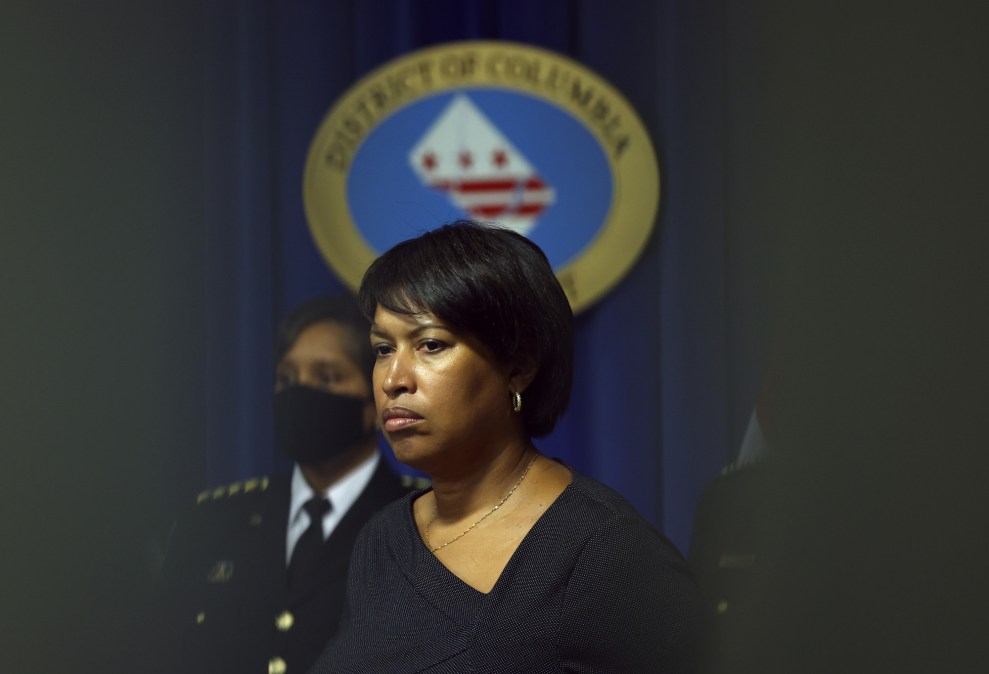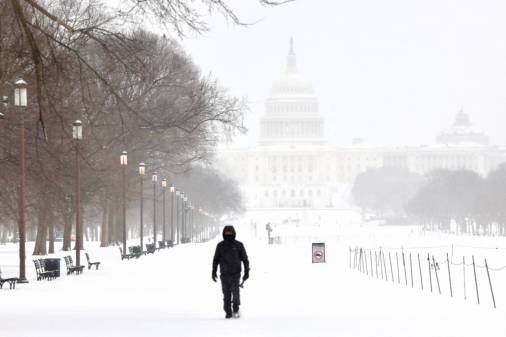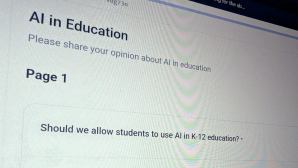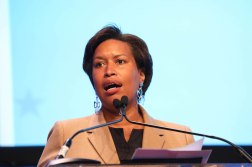D.C. mayor proposes $12.6M for city digital services

The fiscal 2023 budget proposed last week by Washington, D.C., Mayor Muriel Bowser includes $12.6 million aimed at improving the city’s digital services, which have come under fire over the past year with episodes like the troubled rollout of a COVID-19 vaccination scheduling system.
Among the improvements Bowser’s administration is offering is a $1 million redesign of the city’s website, DC.gov, $2.6 million for a new “one-stop” business portal and $4.1 million for a “tech enablement team” tasked with supporting 92 city agencies. The DC.gov upgrade would be the first major revision to the city’s online presence since 2014 and a potential replacement for a nest of discrete agency pages listing services that are often easier to find through search engines.
“No more wading through the alphabet soup of agency websites, and no more filling out the same information on form after form,” read a tweet Friday from the D.C. Office of the Chief Technology Officer.
Officials envisioned the portal as a tool for companies to navigate the city’s licensing and regulatory processes. Many states — including West Virginia, Colorado and Delaware — have launched such sites over the past decade, with West Virginia’s portal logging 1 million transactions in its first four years.
The tech enablement team, according to OCTO, will support agencies in being “laser-focused” on service delivery. In an interview last year, when the team was first announced, city CTO Lindsey Parker told StateScoop the group would bring “human-centered design front and center.”
While an increasing number of big U.S. cities have launched digital-service teams, D.C. has fallen behind, said Alexander Howard, director of the Digital Democracy Project.
“I don’t think anyone debates digital is essential to government,” he said. “I don’t think D.C. simply proposing budgets for these things is enough to shift the needle for Washingtonians and everyone who comes to the District.”
Rather, Howard said, city leaders need to effect an internal cultural shift that reorients online services to be convenient and responsive for the users seeking them out.
“The challenge is that our expectations are now set in the smartphone age. We expect our services to be simple, elegant, oriented around humans, not government,” he said.






